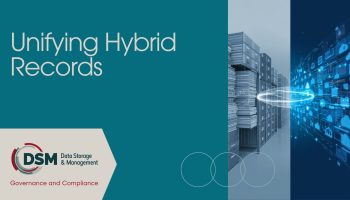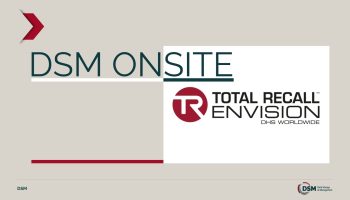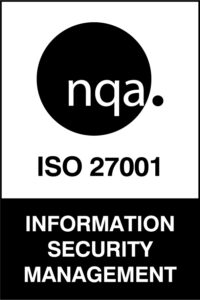The shift from paper-based to digital records is not just a trend but a necessity. Digitising paper files can enhance efficiency, improve accessibility, and ensure better compliance with data protection regulations. However, it’s important to understand the types of files that can be digitised and those that cannot under Irish legislation. Here’s a guide to help legal practices navigate the process of scanning and digitising their paper files.
Benefits of Digitising Paper Files
Enhanced Accessibility: Digital files can be accessed quickly and easily from anywhere, facilitating remote work and collaboration.
Improved Security: Digital records for your law firm can be encrypted and protected with access controls, reducing the risk of unauthorised access.
Space Saving: Digitising records frees up physical storage space, which can be repurposed for other uses.
Compliance: Digital legal records can be managed more effectively to ensure compliance with data protection regulations such as GDPR.
Steps to Digitise Paper Files
1. Assess Your Current Records Begin by conducting an inventory of your existing paper records. Identify which documents are essential and need to be digitised. This will help you prioritise and plan the digitisation process.
2. Choose the Right Equipment Invest in high-quality scanners that can handle the volume and type of documents you need to digitise. Consider scanners with features like automatic document feeders (ADF) and optical character recognition (OCR) to streamline the process
3. Develop a Digitisation Plan Create a detailed plan outlining the steps for digitising your records. This should include:
- Preparation: Remove staples, paper clips, and other bindings from documents.
- Scanning: Scan documents using the chosen equipment, ensuring high resolution for clarity.
- Indexing: Organise and label digital files for easy retrieval.
- Quality Control: Check scanned documents for accuracy and completeness.
4. Implement Data Security Measures Ensure that digital records are stored securely. Use encryption, secure servers, and access controls to protect sensitive information. Regularly back up digital files to prevent data loss.
5. Train Your Staff Provide training for your staff on the new digitisation processes and the importance of data security. Ensure they understand how to handle both paper and digital records properly.
Types of Files That Can Be Digitised
Many types of legal documents can be digitised, including:
- Client Files: Contracts, correspondence, case notes, and other client-related documents.
- Court Documents: Pleadings, motions, orders, and judgments.
- Administrative Records: Invoices, receipts, HR records, and internal communications.
- Types of Files That Cannot Be Digitised Under Irish Legislation.
Scanned files can be legally admissible in court in Ireland, provided certain conditions are met. The key factor is ensuring that the scanned documents are created and maintained in a manner that preserves their integrity and authenticity. Here are some important considerations:
Best Evidence Rule: Generally, the original document is considered the best evidence. However, if the original is unavailable, a scanned copy can be admissible if it is shown to be a true and accurate representation of the original.
Quality and Process: The process of scanning and digitising must be well-documented and follow high-quality standards. This includes ensuring that the scanned copy is clear, complete, and unaltered.
Legal Framework: Under Irish law, electronic records, including scanned documents, are recognised as legally binding if they meet the requirements set out in the Electronic Commerce Act 2000. This Act provides that electronic documents are admissible in evidence if they are reliable, and the integrity of the document is maintained.
Authentication: The scanned document must be authenticated, meaning there must be evidence to show that the scanned copy is a true and accurate representation of the original. This can involve maintaining a detailed audit trail of the scanning process.
Retention of Originals: For certain types of documents, such as original wills and deeds, the original paper document must be retained. These documents have specific legal requirements that necessitate their preservation in their original form.
While many documents can be digitised, there are certain exceptions under Irish legislation:
- Original Wills and Codicils: These must be retained in their original paper form.
- Certain Deeds and Title Documents: Some property-related documents may need to be kept in their original form.
- Documents with Legal Requirements for Originals: Any document that is legally required to be in its original form for evidentiary purposes should not be digitised.
Conclusion
Digitising paper files can significantly benefit legal practices by improving efficiency, security, and compliance. However, it is crucial to understand which documents can be digitised, and which must remain in their original form under Irish legislation. By following a structured approach and implementing robust data security measures, legal practices can successfully transition to a digital records management system for law firms.
This blog post provides general information on digitising paper files for legal practices. It is not intended as legal advice. For specific legal guidance, please consult with a qualified legal professional or yourself.













